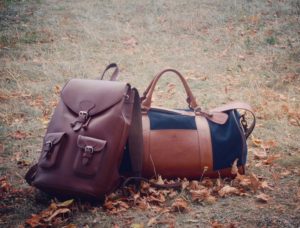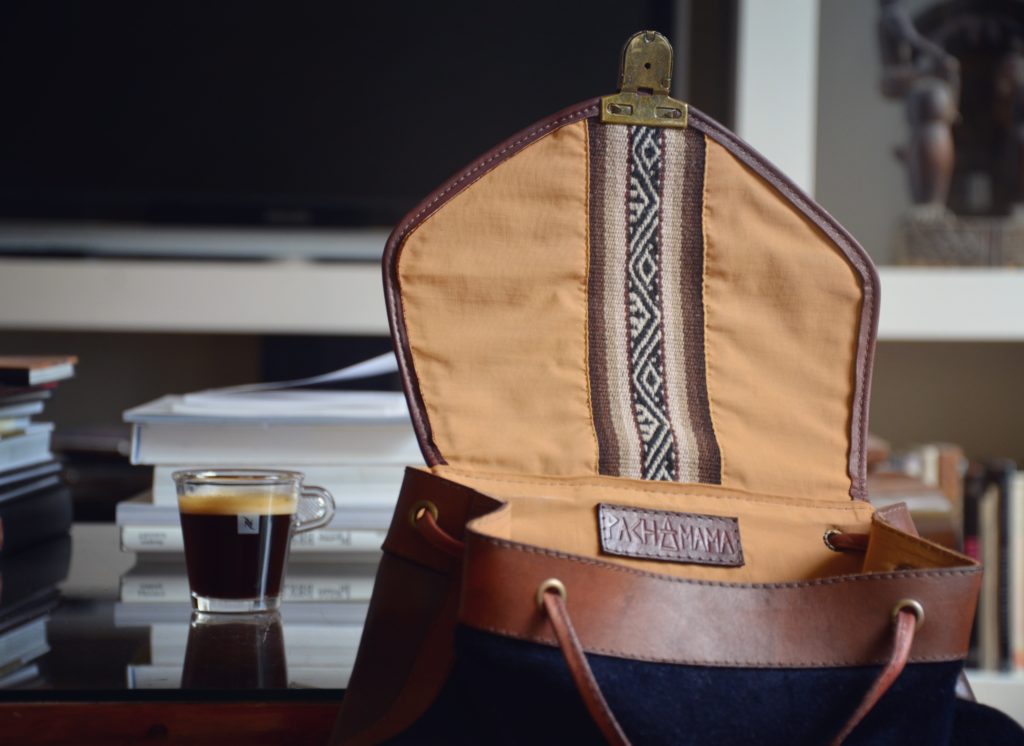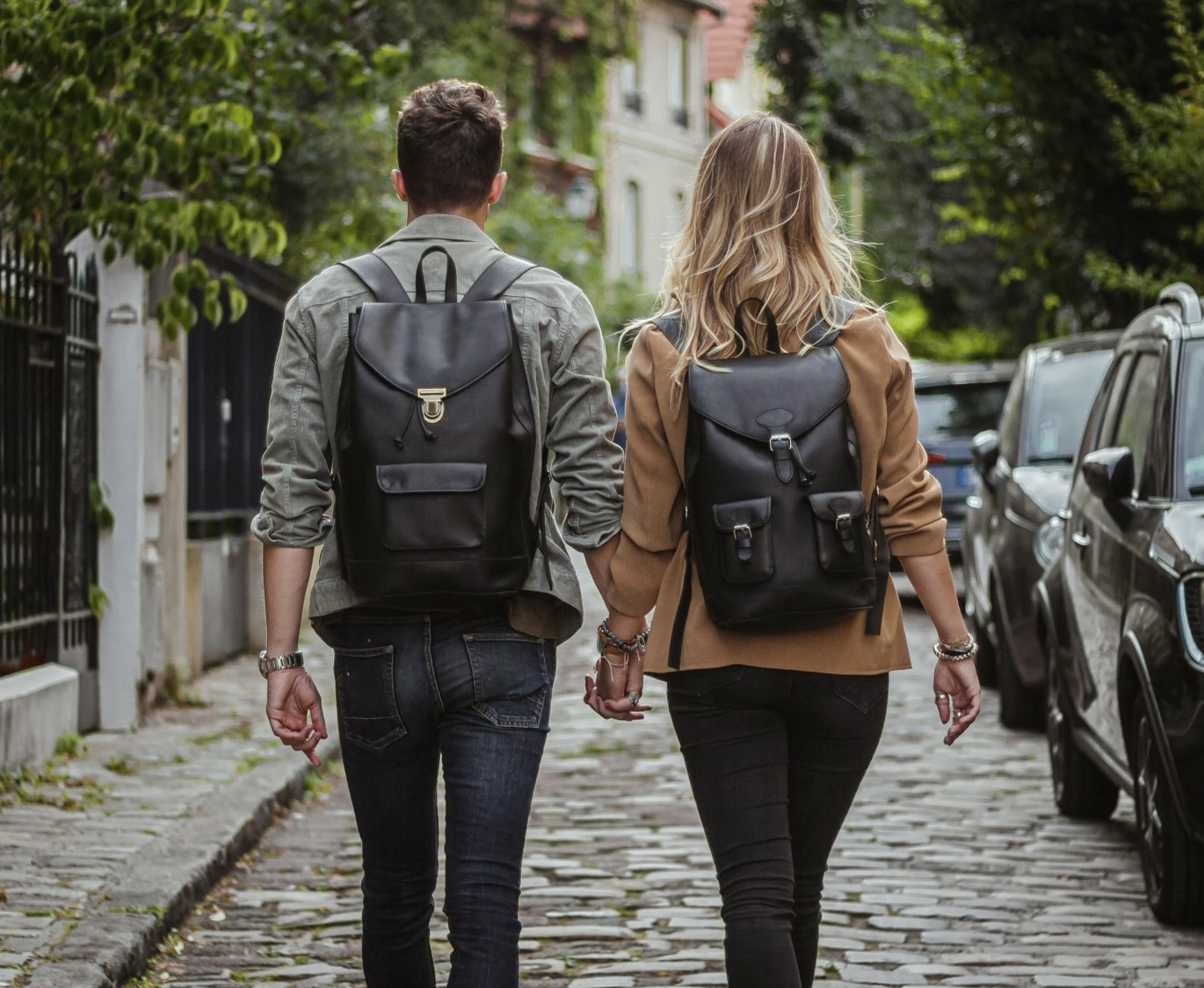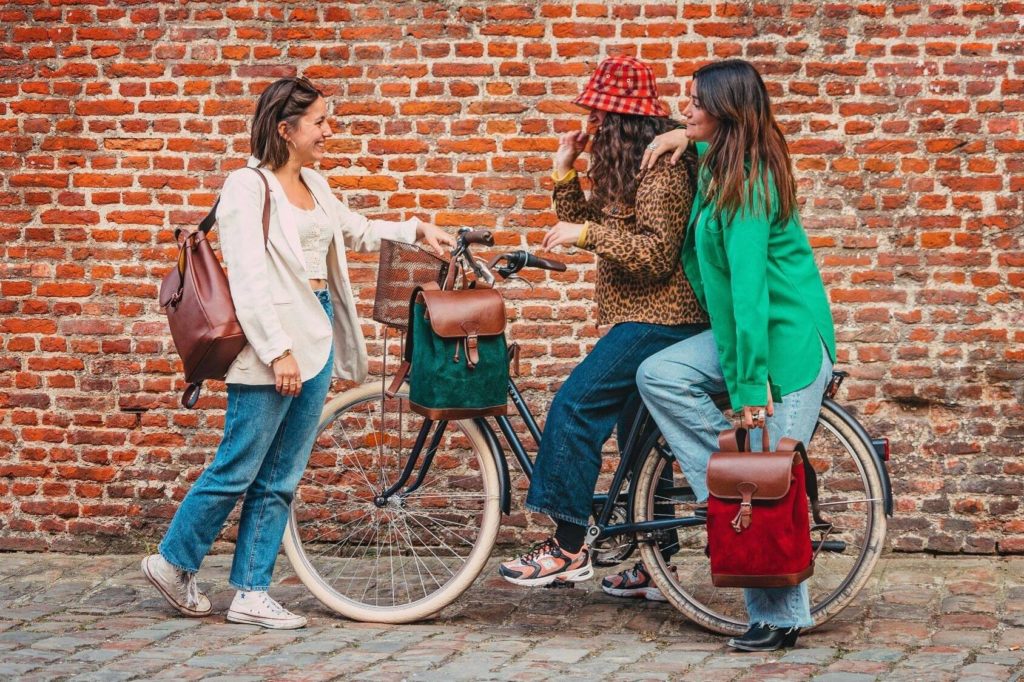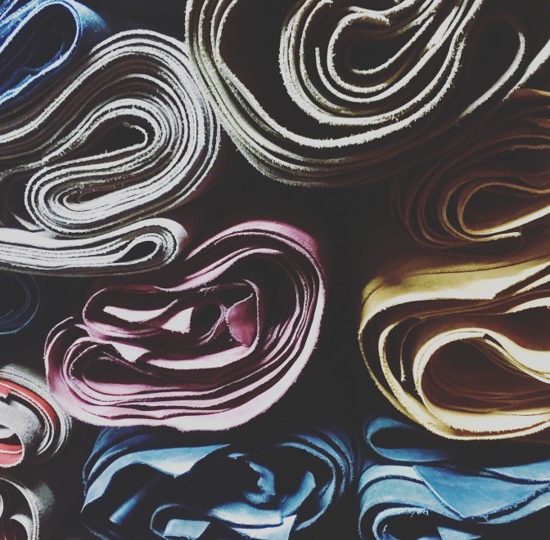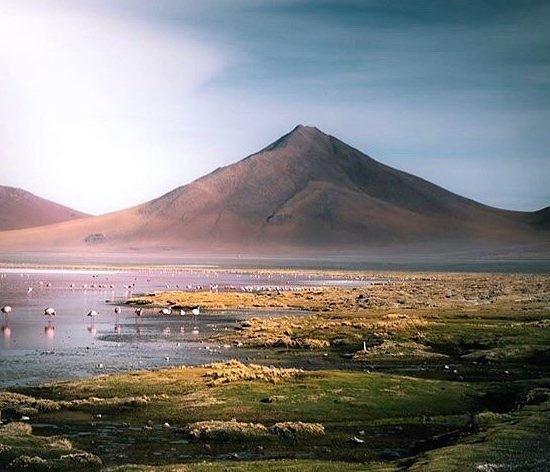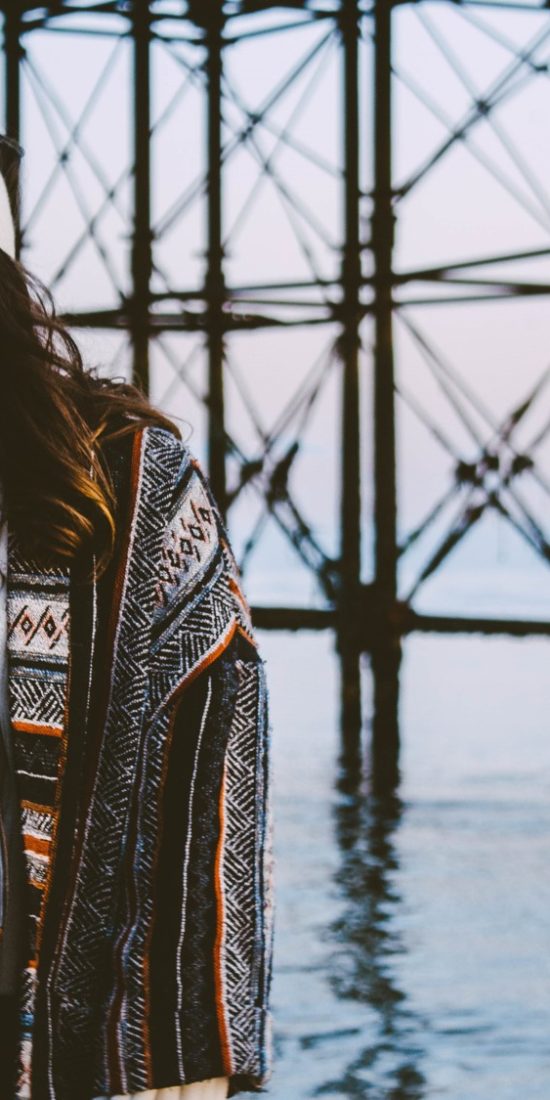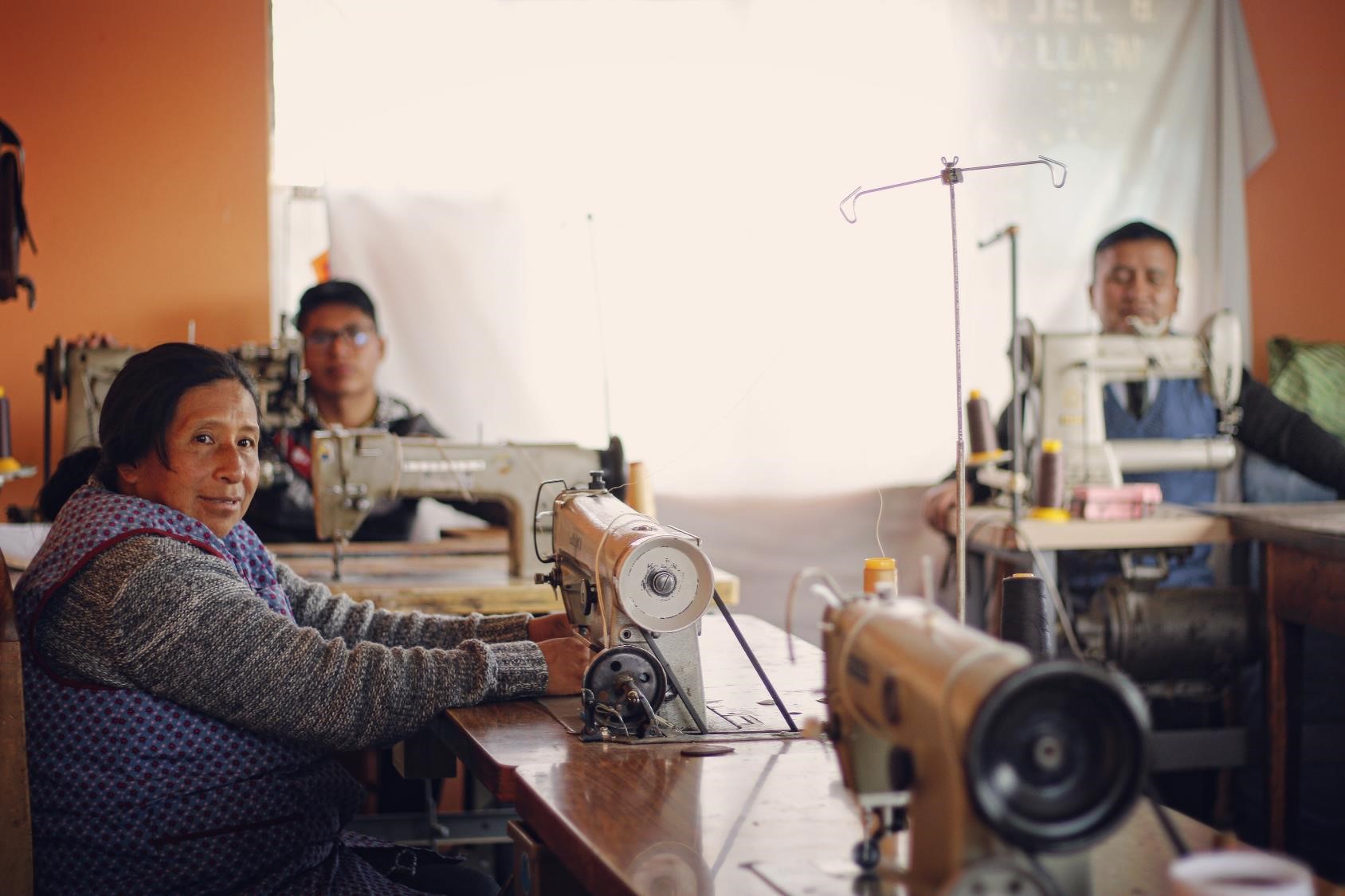

Craftmanship and Pachamama
Nowadays, more and more people are looking for meaning and authenticity in their consumption. This is why more and more brands, in order to meet this demand, are seeking to change the way they produce and communicate. This search for authenticity often involves a return to craftsmanship which is the first vector of meaning in the manufacture of products. At Pachamama, we have always trusted craftsmen to make our backpacks. This allows us to assure consumers of our values of transparency and authenticity. Craftsmanship, and in particular leather craftsmanship, is part of the DNA of our project.
Here, we want to give you our definition of craftsmanship and explain the craft process of making our backpacks, weekend bags and Pachamama handbags.
Craft: definition
The craft corresponds to the realization of a product thanks to a know-how held by the artisan. Thus, the craftsman, thanks to his skills, ensures all the stages of processing of raw materials with the objective of realizing his final product.
By definition, craft is opposed to mass industrial production. Indeed, the craftsman is usually alone, or accompanied by some assistants and manufactures entirely his models. Conversely, mass production consists in isolating each manufacturing step in order to achieve them separately by a multitude of people and thus optimize the maximum production capacity. This system refers to the principle of Taylorism. It maximizes the production of a mass product.
This principle therefore goes against the development of personal skills as is the case in crafts. Craftsmanship allows to preserve and develop ancestral know-how and to transmit it from generation to generation. It allows the creation of original products specific to each culture and each country.
For example in Bolivia, in addition to leather crafts, there are many highly developed crafts. The most symbolic of Bolivian culture is undoubtedly the craftsmanship of the traditional Aguayo fabric.
Leather craftsmanship in the Pachamama project
Our Pachamama project relies exclusively on artisanal production. This notion is essential in the manufacture of our urban backpacks, weekend bags and leather goods.
Indeed, since the launch of our Pachamama project, our wish is to work in partnership with Bolivian artisans to enhance their know-how.
Following a trip to South America, we discovered the beauty and richness of crafts especially in Bolivia. On our return to France, we decided to launch our project Pachamama. We tell you more about it in our article on the history of Pachamama.
Crafts: a healthy concept for workers and the local economy
By working with artisans, we are also sure to participate in the local economy. We pay our artisans fairly and equitably. We visit our artisans once or twice a year in Bolivia. This allows us to develop our project and ensure good working conditions and remuneration.
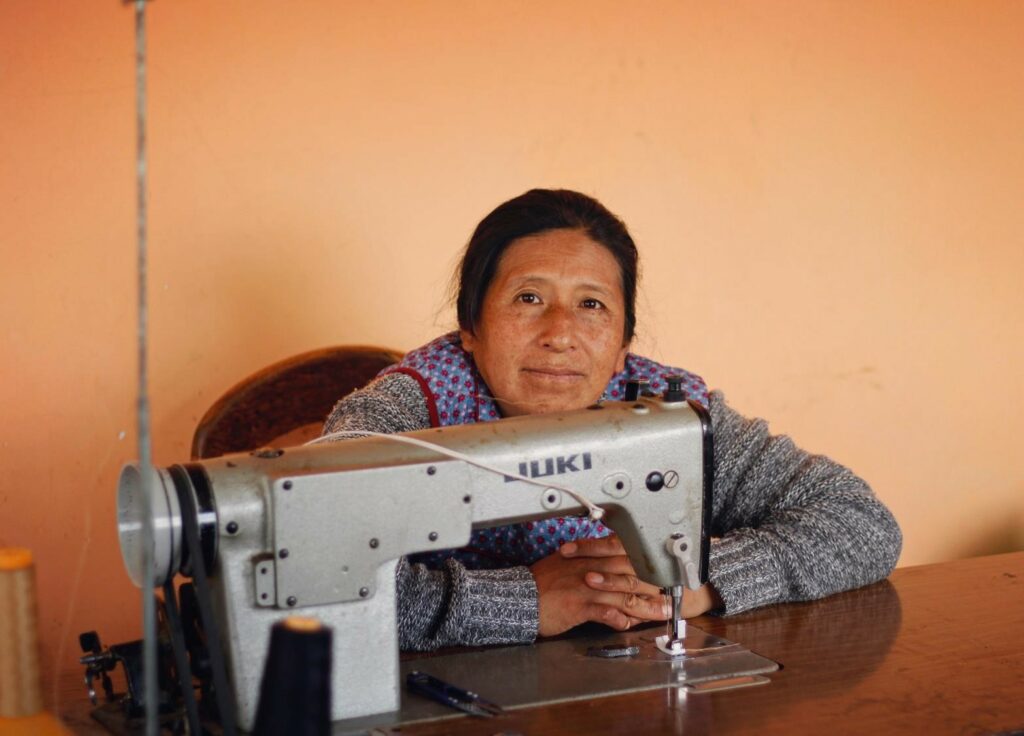

Artisans then reuse this remuneration in their daily lives. For example, it will be re-injected into local businesses.
When a brand works with a large manufacturing company based in China or India for example, no one really knows how workers are paid and what their working conditions are. Moreover, it is unlikely that the money paid to the production plant will be reinvested in the local economy.
Prototyping: The step before manufacturing
For each development of new products, we go to Bolivia to facilitate work and exchanges with our craftsmen. We initially propose a design. Indeed, we first study every detail to adapt our backpacks and handbags to an urban and daily use in France or Europe. Thus, our products are our own creations.
Then during the prototyping work, our craftsmen intervene and propose modifications to our initial drawing. They bring us their experience and knowledge of leather so that our backpacks are consistent, elegant and functional. Once the changes are taken into account, we can validate the final product. We can call it co-creation.
Leather craftsmanship at the heart of manufacturing
Each artisan works independently from home. At each of them, a space is dedicated to their workshop with sewing machines to make the leather bags.
The creation of a backpack begins with the cutting of leather pieces. The cuts are made with a cutter following the patterns defined beforehand during the prototyping phase.
Once the leather pieces are cut, some of them are glued. This makes it possible to ensure a better hold to achieve the sewing step.
In addition, it is necessary for certain types of leather to thicken them. A special machine exists for this step and allows the edges of the leather to be thickened to facilitate sewing.
Then comes the sewing step where we assemble all the pieces to each other. Depending on the thickness of the leather and the sewn part, the craftsman uses different sewing machines. In all, a craftsman can count between five and six machines.
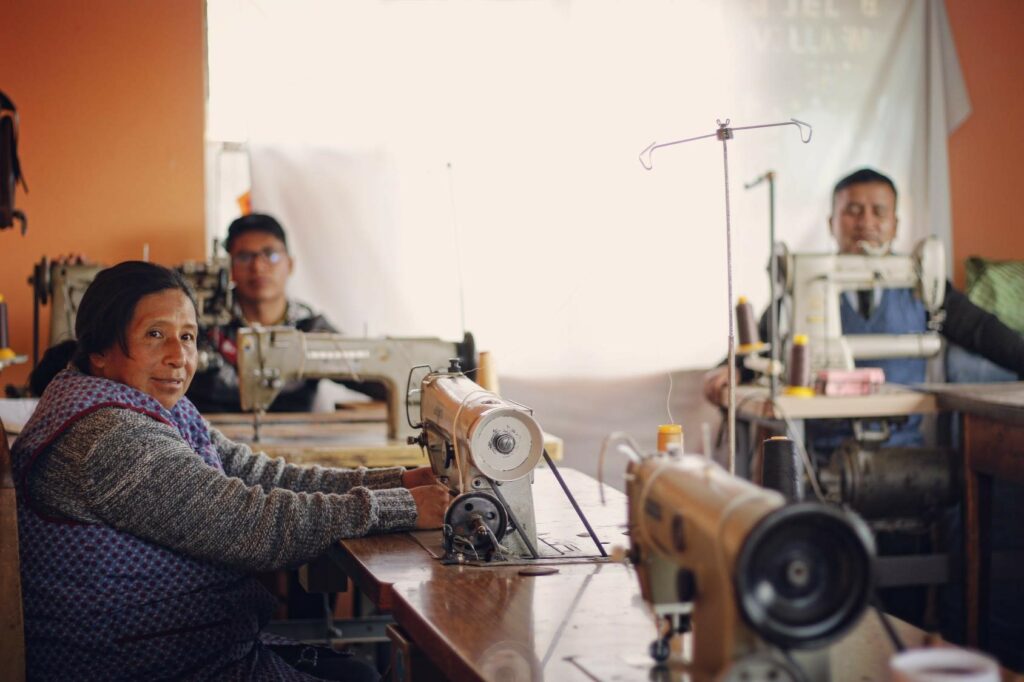

The sewing of aguayo pieces is particularly delicate. Indeed, aguayo is a material that is likely to fray during the sewing step if you are not careful enough. The craftsman must therefore be meticulous in all manufacturing details!
Making a leather backpack therefore requires many skills and know-how. For example, it takes about a whole day to complete all the steps of making a Pachamama ethnic backpack. It is therefore a long and meticulous craft that requires patience and meticulousness. True works of art !
Conclusion
This return to craftsmanship is increasingly common among young brands in development like Pachamama. Indeed, faced with a traditional fashion often opaque, these new brands seek to demonstrate transparency and authenticity in order to be in line with the expectations of consumers. For example, at Pachamama, we regularly inform our community about the development of our new products and the working conditions of our craftsmen through photos and videos on Instagram in particular.
We make leather backpacks and leather goods accessories. You will find all our products in our shop!



